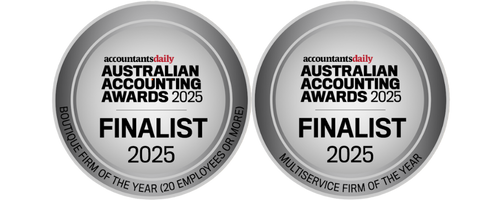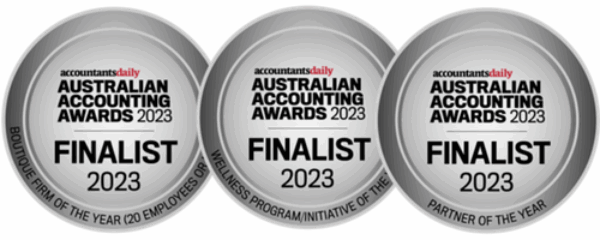Losing someone you care about is one of life’s toughest moments. And while tax might be the last thing on your mind, there are some steps you’ll eventually need to take.
The good news? You don’t have to do it all at once – and you definitely don’t have to do it alone.
Here’s a clear, step-by-step guide to help you through the process.
① Look after yourself first
Your wellbeing comes first. Take the time you need.
Lean on friends, family, or confidential counselling services if you’re feeling overwhelmed.
② Pause tax correspondence
Call the ATO and let them know your loved one has passed. This will pause tax-related letters and calls so you’re not bombarded while you’re grieving. You can also do this online, by post, or in person at Australia Post.
③ Decide who manages the estate
If there’s a will, the executor will usually take the lead. No will? The next of kin may step in as the legal personal representative (LPR).
This person becomes the only one authorised to deal with the ATO on estate matters. Finalising an estate can take 6–12 months, and tax obligations must be met before assets are distributed.
④ Don’t go it alone
If this all feels too much, reach out to a registered tax agent (like us!) or the ATO. Services Australia, state supreme courts, and public trustee sites can also be goldmines of info – especially if probate or legal advice is needed.
⑤ Probate & letters of administration
Some estates require court documents to formally appoint the LPR. Smaller estates might not.
The ATO will generally expect this appointment within 6 months to avoid direct tax assessments.
⑥ Notify the ATO you’re managing the estate
Once you’re the legal personal representative (LPR), let the ATO know so they can update records and authorise you to handle tax matters.
You may also need to apply for a trust TFN for the estate if there’s ongoing income
⑦ Business tax obligations
If your loved one ran a business, you may need to:
-
Lodge a final Business Activity Statement (BAS)
-
Cancel the ABN and GST registration (if applicable)
-
Complete any outstanding tax returns
-
Seek advice on how to close or transfer the business, depending on the structure.
⑧ Lodge the final tax return
The “date of death” return covers the income year up to the day they passed away. Any outstanding prior-year returns must be lodged too.
⑨ Lodge tax returns for the estate
If the estate earns income – such as rent, interest, or dividends – you must lodge a trust tax return for each year until the estate is finalised.
For the first 3 years, the estate is taxed at individual rates, including the full tax-free threshold. After that, normal trust tax rates apply.
(Source: ATO – “When and how to lodge returns for a deceased estate”)
⑩ Finalise all tax affairs
Before distributing assets, make sure every tax liability is paid.
The LPR is personally liable if assets are given out before debts—including tax—are settled. Check all ATO accounts are closed, credits refunded, and liabilities cleared before making the final distribution.
💡 Remember: You don’t need to rush. Take your time, lean on professionals, and focus on what matters most – honouring your loved one and looking after yourself.
📞 Need help? Walshs and our professional network can guide you every step of the way. Call us on Ph: 07 3221 5677











